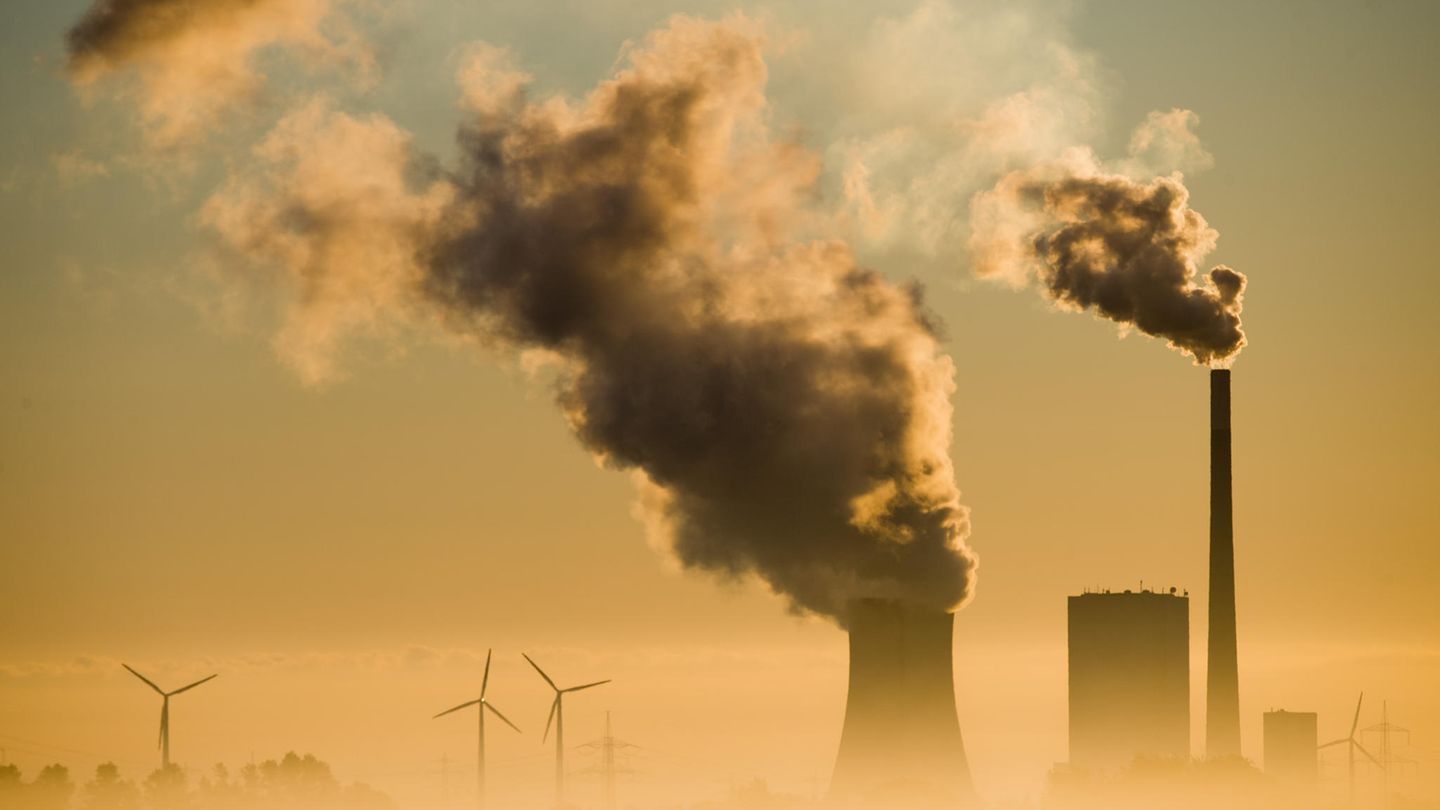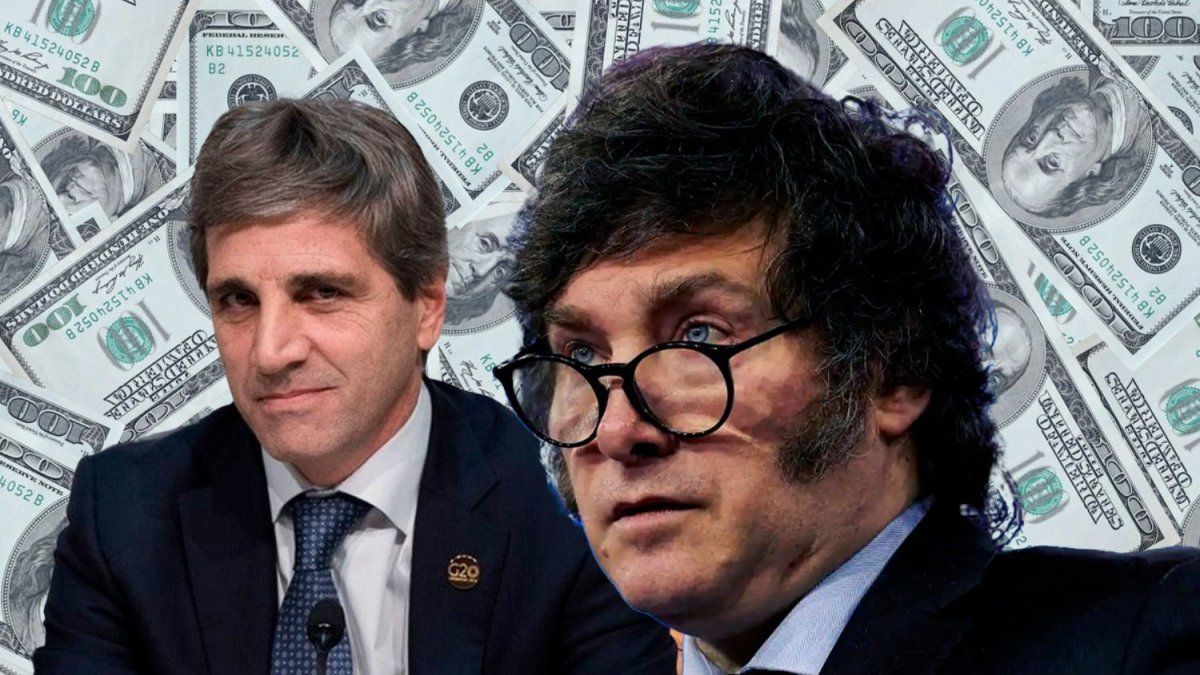Is climate protection expensive? But on the contrary! The Federal Environment Agency has now calculated this with a calculation. Accordingly, the new government could save amounts in the tens of billions.
Climate protection is associated with high costs and inhibits the economy – this is an argument that is often put forward when it comes to creating environmentally friendly alternatives for a wide variety of areas. But that is a mistake, the Federal Environment Agency (UBA) has now determined.
According to a new study, the federal government subsidized climate-damaging industry with around 65.4 billion euros in 2018. Road and air traffic accounted for almost half, at 30.8 billion euros. For example in the form of tax breaks for the use of diesel vehicles. Despite increased efforts to protect the environment, the climate-damaging subsidies have even increased, explains UBA President Dirk Messner. In 2012, such state support would have amounted to 57 billion euros.
Thus, a double-digit billion sum could be released every year if the new federal government decides to cut back environmentally harmful subsidies. In addition, the study shows that higher earners in particular benefit from the subsidies. The UBA cites the “company car privilege” as an example, which makes luxury cars with high consumption particularly attractive from a tax point of view.
“These subsidies are out of date”
Around 54 billion euros in subsidies would contribute to air pollution and harm the health of the population. “These subsidies are out of date,” sums up Messner. The UBA boss appeals to the new federal government to reduce the subsidies and to benefit from them in climate-friendly projects.
Great savings could also be made in agriculture. For example, by increasing the VAT on animal products. Here sums of around five billion euros would be in prospect, which in turn could be invested in more climate protection, said Messner.
The UBA’s proposals to invest in more climate-friendly alternatives support another study published by the World Resources Institute. The institute’s scientists examined a total of 40 areas of the economy. The main focus was on whether and how quickly the industries are transforming in order to become as climate-neutral as possible and thus comply with the Paris Climate Agreement.
World “fails” to prevent climatic collapse
The energy sector, heavy industry, agriculture, logistics, finance and the technology sector, among others, were examined. The result: none of the industries is currently changing fast enough to achieve the 1.5 degree target. In fact, scientists go so far as to say that the world is failing to make the changes that are preventing climatic collapse.
The value of gases in the atmosphere that contribute to global warming broke an all-time record last year.
Meanwhile, this is exactly what the UN warns of. The promotion of fossil fuels “far” exceeds the limit in order to meet the 1.5 degree target. “We now have to pull out all the stops in every sector to change our power generation, nutrition, agriculture and much more all at the same time,” says co-author of the study, Kelly Levin.
The coal phase-out would have to be five times as fast
According to the study, the coal phase-out would have to be five times as fast as previously planned, while afforestation would have to be three times faster. In addition, instruments for financing climate protection must be implemented 13 times faster.
But not only industry has to take responsibility, according to the authors of the study. It depends on each individual. Particularly in affluent countries, such as North America and Europe, it is necessary to reduce the consumption of beef 1.5 times faster than currently. The study gives an approximate goal of around one and a half servings of meat per person per week, which would lead to significant savings in greenhouse gas emissions.
Shortly before the World Climate Change Conference in Scotland, the authors therefore emphasize: “If this continues, we will miserably fail to meet the targets for preventing catastrophic climate change. It is very worrying that we are not on the right track in any of these target areas,” says Levin.
Source:,, with material from DPA
David William is a talented author who has made a name for himself in the world of writing. He is a professional author who writes on a wide range of topics, from general interest to opinion news. David is currently working as a writer at 24 hours worlds where he brings his unique perspective and in-depth research to his articles, making them both informative and engaging.




